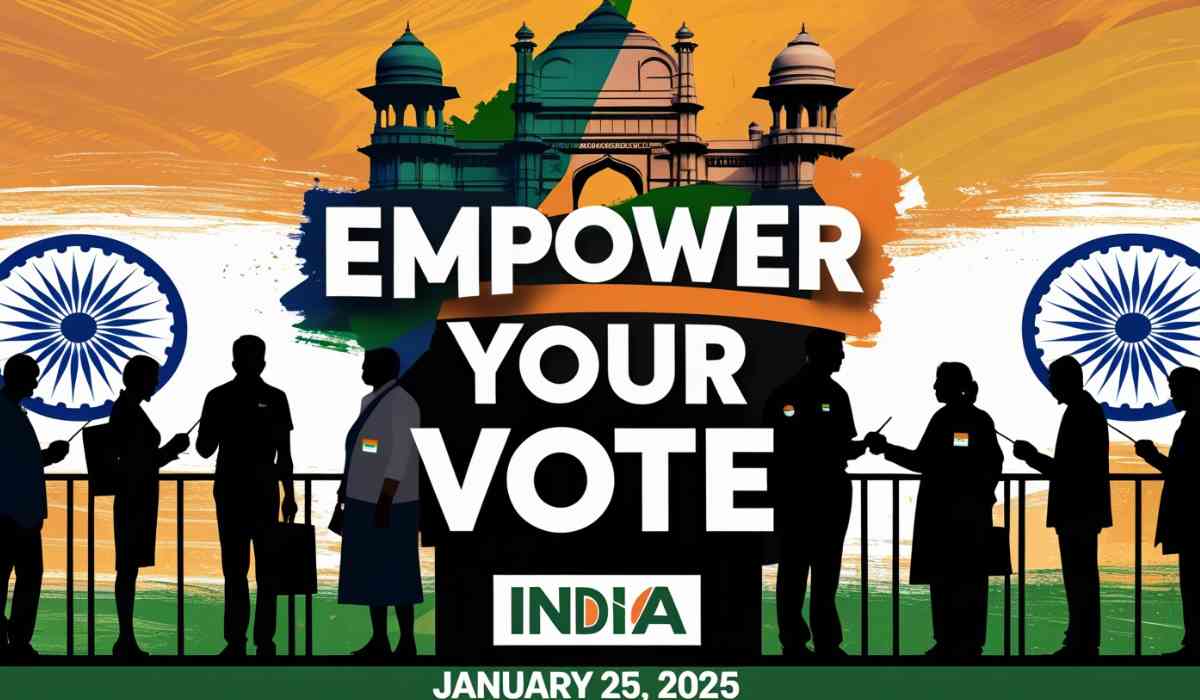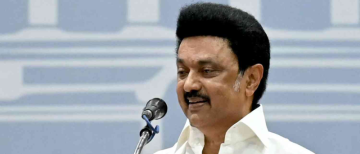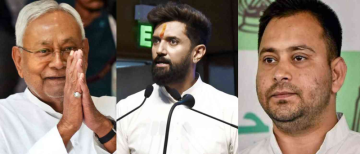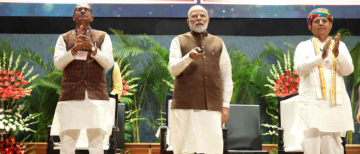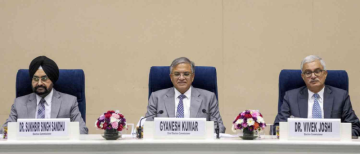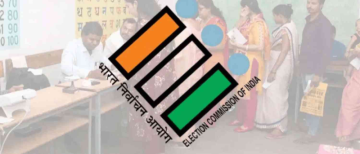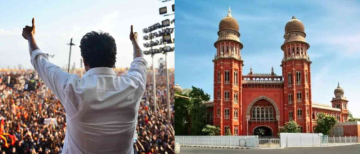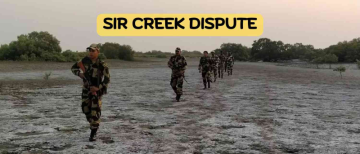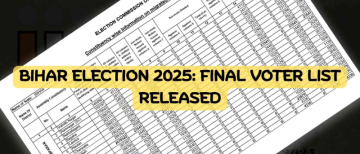Voters Day 2025 is a significant occasion for the citizens of India, marking the 15th National Voters' Day and celebrating 75 years of the Election Commission of India (ECI). This day, observed annually on January 25, serves as a reminder of the power and responsibility that comes with voting. The theme for 2025, "Nothing like voting, I vote for sure," emphasizes the importance of every individual’s vote in shaping the future of our democracy.

Understanding Our Rights
As citizens, we have fundamental rights that empower us to question our government and demand accountability. Voting is not just a right; it is a powerful tool that allows us to express our opinions and influence decisions that affect our lives. However, many people remain unaware of their rights and responsibilities as voters. This lack of knowledge can lead to politicians taking advantage of voters, manipulating them without fear of repercussions.
The Power of Informed Voting
Informed voting is crucial. When citizens understand their rights, they can ask critical questions about government actions. For instance, we should be asking:
- Why are certain policies being implemented?
- How will these policies impact our community?
By engaging in such discussions, we hold our elected officials accountable. The right to vote gives us a voice in the democratic process, but it also comes with the responsibility to be informed about who we are voting for and what they stand for.
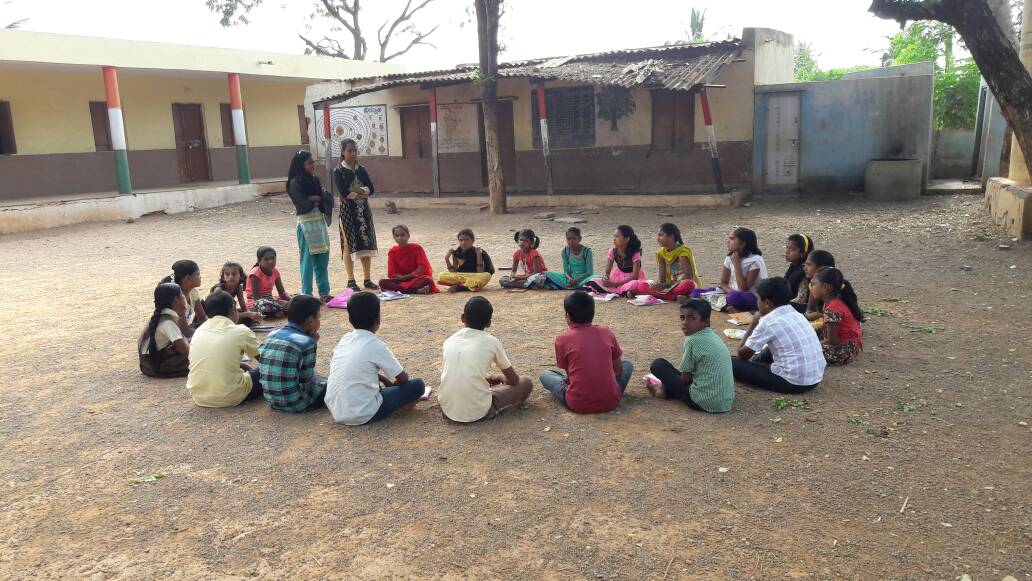
The Role of Education
National Voters' Day aims to educate citizens about the electoral process and the significance of their participation. Awareness campaigns are organized to inform voters about their rights, the importance of registering to vote, and how to effectively engage with political representatives. These initiatives are especially vital for young voters who are just entering the electoral landscape.
Encouraging Participation
The celebration of Voters Day includes various activities aimed at encouraging voter participation:
- Distribution of Electoral Photo Identity Cards (EPIC): New voters receive their voter ID cards on this day, symbolizing their entry into the democratic process.
- Awareness Campaigns: These campaigns focus on educating citizens about the voting process and the impact their votes can have.
- Public Rallies and Debates: Engaging discussions help foster a culture of informed voting.
The Consequences of Ignorance
When citizens lack knowledge about their rights, they become vulnerable to manipulation by politicians. This ignorance can lead to:
- Low Voter Turnout: Many eligible voters do not participate in elections due to apathy or lack of understanding.
- Poor Representation: If voters do not engage with the electoral process, they risk electing representatives who do not align with their needs or values.

What are the most common challenges faced by voters in India during elections?
Voters in India face several significant challenges during elections, which can hinder the democratic process and affect the integrity of the electoral system. Here are some of the most common issues:
1. Criminalization of Politics
The increasing presence of candidates with criminal backgrounds is a major concern. Reports indicate that a significant percentage of elected representatives have pending criminal cases, which can intimidate voters and skew election results in favor of those who use muscle power or threats to secure votes. This trend undermines the principle of free and fair elections.
2. Corruption and Bribery
Bribery remains a pervasive issue in Indian elections. Candidates often resort to offering money or gifts to influence voters, compromising the integrity of the electoral process. This practice not only distorts voter choice but also perpetuates a cycle of corruption within political systems.
3. Use of Money Power
The influence of money in politics is profound, with candidates spending vast sums on campaigns to sway public opinion. This financial advantage often leads to an uneven playing field, where wealthier candidates can dominate the electoral landscape, leaving less affluent candidates at a disadvantage.
4. Booth Capturing and Intimidation
Despite advancements in technology and security, incidents of booth capturing—where individuals or groups forcibly take control of polling stations—continue to occur. This intimidation can deter voters from exercising their rights freely and fairly.
5. Casteism and Communalism
Political parties frequently exploit caste and religious identities to mobilize support, leading to divisive politics. Voters may choose candidates based on caste affiliations rather than merit or policies, which deepens social divides and undermines the democratic process.
6. Lack of Awareness and Education
Many voters lack awareness about their rights and the electoral process. This ignorance can lead to apathy or disengagement from voting altogether. Educational initiatives are crucial to empower citizens to make informed choices.
7. Misuse of Government Machinery
There are instances where ruling parties misuse government resources for electoral gain, creating an unfair advantage over opposition candidates. This misuse can include using public funds for campaign purposes or leveraging governmental authority to intimidate voters.
8. Violations of Code of Conduct
Political parties often violate established codes of conduct during elections by making unrealistic promises or engaging in unfair campaigning practices. These violations can mislead voters and distort their understanding of candidates' capabilities.
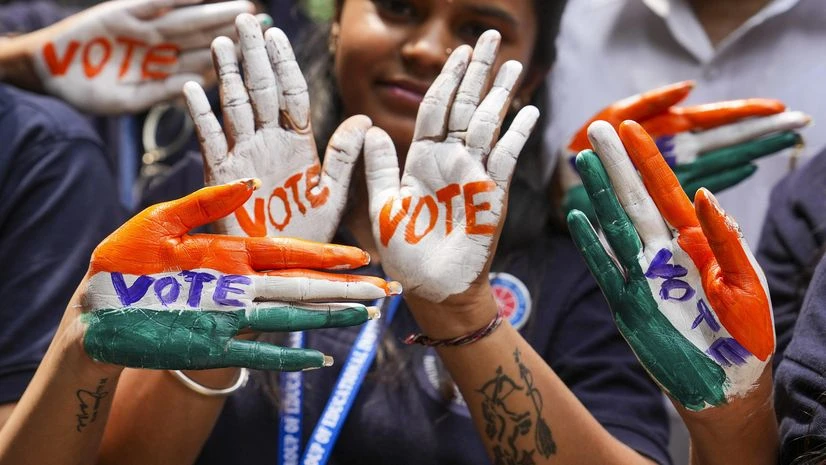)
Conclusion
As we celebrate National Voters' Day 2025, it is essential to recognize that our votes matter. They are not just pieces of paper; they represent our hopes, dreams, and aspirations for a better future. We must educate ourselves and others about our rights as voters. By doing so, we empower ourselves to ask important questions and demand accountability from those in power.Let us embrace our role as informed voters and participate actively in shaping our democracy. Remember, when we cast our votes, we are not just choosing leaders; we are choosing the direction in which our country will move forward.
With inputs from agencies
Image Source: Multiple agencies
© Copyright 2024. All Rights Reserved Powered by Vygr Media.

